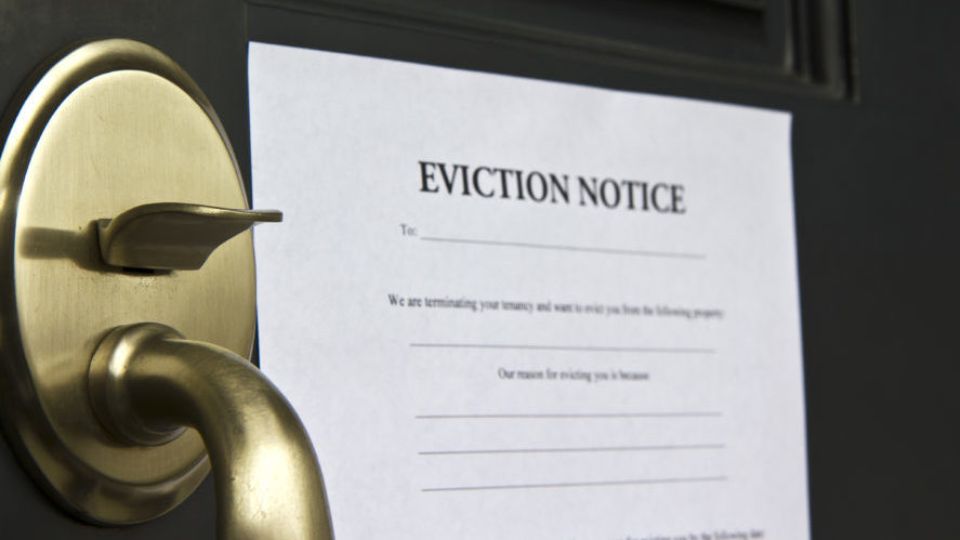Dealing with eviction can be quite challenging, especially in New Jersey, where the laws heavily favor tenants. Typically, it’s best for a landlord to work out a solution with the tenant to prevent the lengthy and costly NJ eviction process.
Basic Information on NJ Eviction Laws
In New Jersey, landlords must follow the legal process through the courts to remove a tenant, as mandated by the state’s landlord-tenant laws. Although each eviction varies, the typical process involves providing the tenant with proper notice, submitting the eviction paperwork to the court, serving the tenant, attending the trial, and awaiting the judgment outcome. Evictions can occur for different reasons, with the process being influenced by the terms of the lease agreement.
How Long Does It Take To Evict a Tenant in NJ?
Evicting a tenant in NJ usually takes around 2 to 4 months. However, timelines vary greatly, and you can potentially evict a tenant in under two months, or it could take over a year. Having ample evidence can expedite the process. Removing a tenant requires time and patience. Managing multiple properties can become exhausting for landlords.
When Can You Evict Someone in NJ?
1. Failure to Pay Rent
One of the primary reasons for eviction in NJ is due to unpaid rent. It’s also a straightforward reason to move forward because the landlord can file eviction paperwork without sending a notice first.
2. Disorderly Behavior
Disorderly conduct is another valid reason for eviction. When there is disorderly conduct, the landlord typically sends the tenant a Notice to Cease. If the tenant does not comply and their behavior keeps causing disturbances for other tenants or neighbors, the landlord can start the eviction process.
3. Property Damage or Destruction
One more cause for evicting a tenant in NJ is if there is damage or destruction of property. For this situation, the tenant must be given a notice to quit three days before the eviction is filed.
Also Read: Colorado Cannabis Laws 2024 You Must Need to Know!
NJ Eviction Process
1. Give the Tenant Notice
To start the NJ eviction process, you need to provide the tenant with notice. If you need to evict someone, you will need to serve them with either a Notice to Quit or a Notice to Comply, depending on the reason. If you are evicting a tenant due to non-payment of rent, you can proceed without this step (unless they reside in federally subsidized housing).
2. File the Complaint
Next, you will need to file a complaint with the court to evict a tenant. Depending on the reason for eviction, you must wait for a certain amount of time before filing a complaint.
The complaint will provide important information about the situation, such as the tenant failing to pay the rent. Make sure to have the necessary evidence of payment records ready before submitting your complaint to the court, as they may request access to them.
3. Serve the Tenant
Delivering the complaint to the tenant is the next step in the eviction process, and there are different methods to do so. You have the option to deliver the eviction papers through a Special Civil Part Officer or a process server. The official has the option to choose between personal delivery, mailing, posting, or Substituted Service.
Substituted Service involves delivering the papers when the tenant is not available or present at the address. In this situation, the tenant can leave the documents with any person over the age of 14 who resides with them.
4. Wait for the Tenant’s Reply
Once the eviction papers are served to the tenant, they will have a period to provide a response. If someone is late on rent and you’ve started the eviction process due to non-payment, they have the option to pay the overdue rent to stop the eviction.
5. Proceed to Trial
Once the tenant has replied, it’s time to proceed to the eviction trial. During the trial, both you and the tenant will present your arguments. For the best shot at winning, make sure you have all the evidence ready for presentation. Having thorough documentation of the eviction increases the chances of winning.
6. Ask for Possession
After the trial concludes and a decision is made, you will still need to submit a motion to request possession of the property. If the tenant does not appear at the court hearing, the landlord will automatically win the case through a default judgment and can request possession. After receiving a court document granting possession, the landlord can legally evict the tenant from the property.
7. Take Possession of the Property
If the tenant does not contest the judgment, a removal warrant will be issued 3 days after the judgment is made. The tenant must leave the property within 3 days. If the tenant does not vacate the property, the local sheriff has the authority to physically remove them.



Leave a Reply